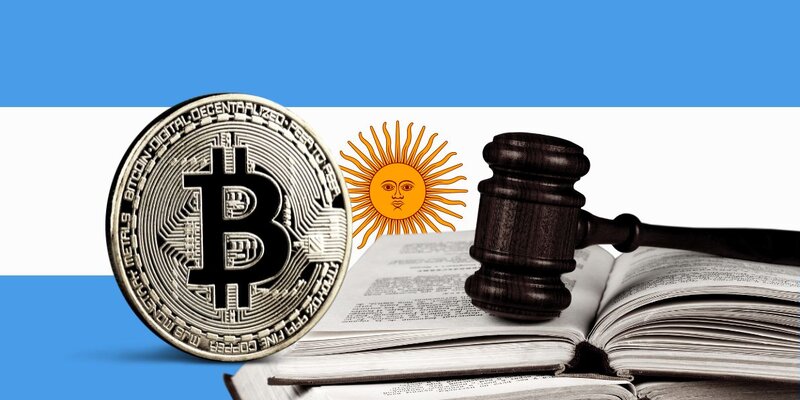The Argentine Securities Commission (CNV) has finalized strict rules for virtual asset service providers (VASPs) aimed at increasing transparency and security in the digital asset sector. These measures are designed to protect the interests of clients and comply with international financial regulatory standards.
New requirements for VASPs
According to the new rules, any company working with digital assets is required to provide clients with detailed documentation. It must disclose the potential risks associated with cryptocurrency transactions, as well as the measures taken to ensure security.
One of the key innovations was the mandatory separation of company funds and client assets, which prevents abuse and fraud. VASPs must also conduct an annual audit and report monthly to the CNV. Such measures allow for greater control over the activities of cryptocurrency companies and minimize risks for users.
Registration in PSAV and deadlines for meeting requirements
From 2024, all VASPs operating in Argentina are required to register in a special registry of virtual asset service providers (PSAV). Failure to comply with the new rules may result in the cancellation of registration and suspension of the company’s activities by court order.
The deadlines for implementing the requirements vary for different categories of market participants:
- Individuals must comply with the new standards by July 1, 2024.
- Argentine companies must comply by August 1, 2024.
- Foreign firms must comply by September 1, 2024.
Impact on the Argentine crypto market
These changes are amendments to Law 27.739, which grants CNV the authority to oversee VASPs. The new law will come into force on December 31, 2025.
CNV CEO Roberto Silva noted that the new rules were developed in close cooperation with representatives of the crypto market. He emphasized that the measures are not aimed at limiting innovation, but at increasing the transparency of operations and protecting users’ funds. In addition, the regulation complies with the standards of the Financial Action Task Force on Money Laundering (FATF), which will help strengthen control over financial flows.
Argentina is the leader of the Latin American crypto market
According to the analytical company Chainalysis, Argentina occupies a leading position in terms of crypto market growth in Latin America. The main reason for this dynamic is economic instability, forcing citizens to look for alternative financial instruments.
It is worth noting that in December 2023, the Argentine authorities reached an agreement with the government of El Salvador on the joint development of regulations for regulating cryptocurrencies. El Salvador became the first country in the world to recognize Bitcoin as a legal means of payment and can share its regulatory experience.
The measures taken indicate Argentina’s serious intentions to create a safe and sustainable ecosystem for working with digital assets, while maintaining the dynamic development of the cryptocurrency sector.

New KYC Rules in India: Crypto Exchanges Tighten Scrutiny

Cryptocurrency Licensing in the UK: New Rules and Deadlines

Global Implementation of the CARF Standard: New Requirements for Crypto Services



